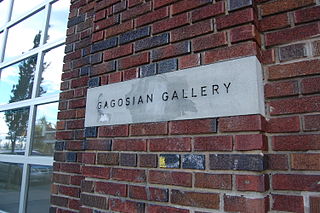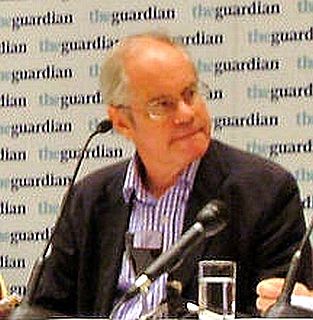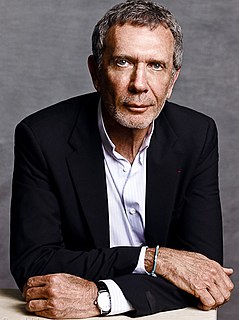A Quote by Milton Mayer
The art of dying graciously is nowhere advertised, in spite of the fact that its market potential is great.
Related Quotes
In spite of the roaring of the young lions at the Union, and the screaming of the rabbits in the home of the vivisect, in spite of Keble College, and the tramways, and the sporting prints, Oxford still remains the most beautiful thing in England, and nowhere else are life and art so exquisitely blended, so perfectly made one.
What is it about a work of art, even when it is bought and sold in the market, that makes us distinguish it from . . . pure commodities? A work of art is a gift, not a commodity. . . works of art exist simultaneously in two “economies”, a market economy and a gift economy. Only one of these is essential, however: a work of art can survive without the market, but where there is no gift, there is no art.
Many first-time founders fail to understand the difference between the potential of the Total Addressable Market (TAM) and the very finite subsection they can hope to capture. No company ever captures the entire market they pioneer. Innovation doesn't happen in a vacuum, and others will jump in from the moment you've identified the potential.
Once you are afraid of death you are bound to be afraid of life. That`s why I am talking about this Hasidic approach. The whole approach consists of methods, ways and means of how to die - the art of dying is the art of living also. Dying as an ego is being born as a non `ego; dying as a part is being born as a whole; dying as man is a basic step towards being born as a God.
The mistake managers often make is defining their industry too narrowly. Digital's market share in the minicomputer market stayed very robust even as it fell off the cliff. Disruption seems to come out of nowhere, but if you know what to look for, you can spot important developments well before the market does.
I gather that a lot of the "pots" in the great museum in Baghdad, which we allowed to be looted and then gutted, are now for sale to the highest bidder on the art and archeology black market. This is good capitalism, I guess, while a museum, being a public trust and accessible to all, is anticapitalist, pretty damn near socialist in fact.
































